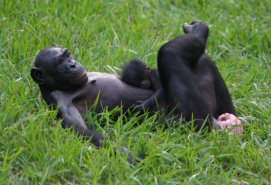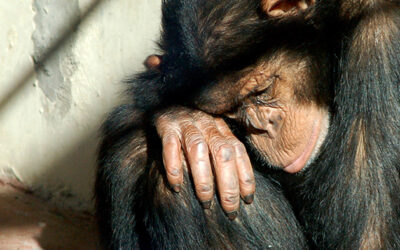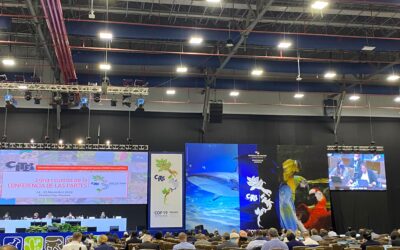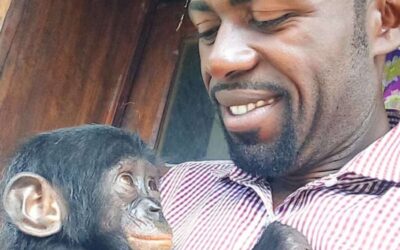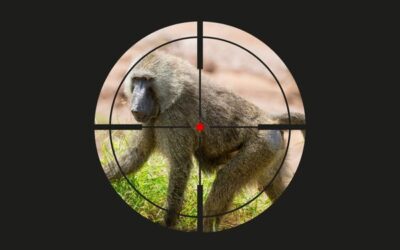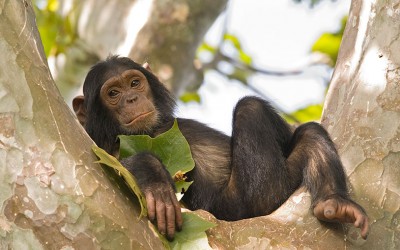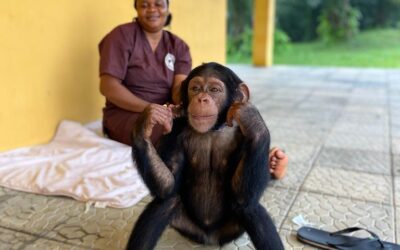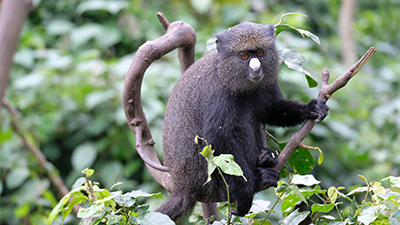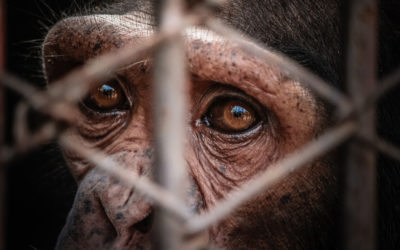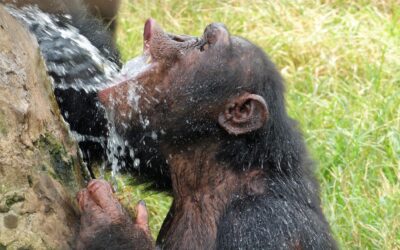Protecting Primates in the Democratic Republic of Congo
By Natasha Tworoski
The Democratic Republic of Congo is home to three PASA sanctuaries: Lola ya Bonobo, JACK (Jeunes Animaux Confisques au Katanga) and the Centre de Rehabilitation des Primates de Lwiro (CRPL).
Lola ya Bonobo is the world’s only orphaned bonobo sanctuary and was formed in 1994 when violence was just on the brink of starting again in the DRC. Founder Claudine Andre took on the presumed impossible task of raising infant bonobos, a task that had never been successfully achieved before, and did it while literally dodging bullets. The sanctuary now is home to 75 bonobos and has successfully returned a group to the wild. They will be releasing a second community of bonobos back to the wild within the year. Bonobos are an ape species found only in the DRC.
JACK is a chimpanzee sanctuary located in Lumbumbashi in the southeastern region of DRC. Started in 2006, they have rescued 45 confiscated chimpanzees. 40% of surviving chimpanzees, an endangered species, occur in the DRC and both the bushmeat trade and the pet trade are a constant threat. Focusing efforts on poaching has to be worth it for a country with so many other problems. Additionally, law enforcement must have an establishment with experienced caretakers in order for these animals to have a chance. JACK has provided just this for chimpanzees.
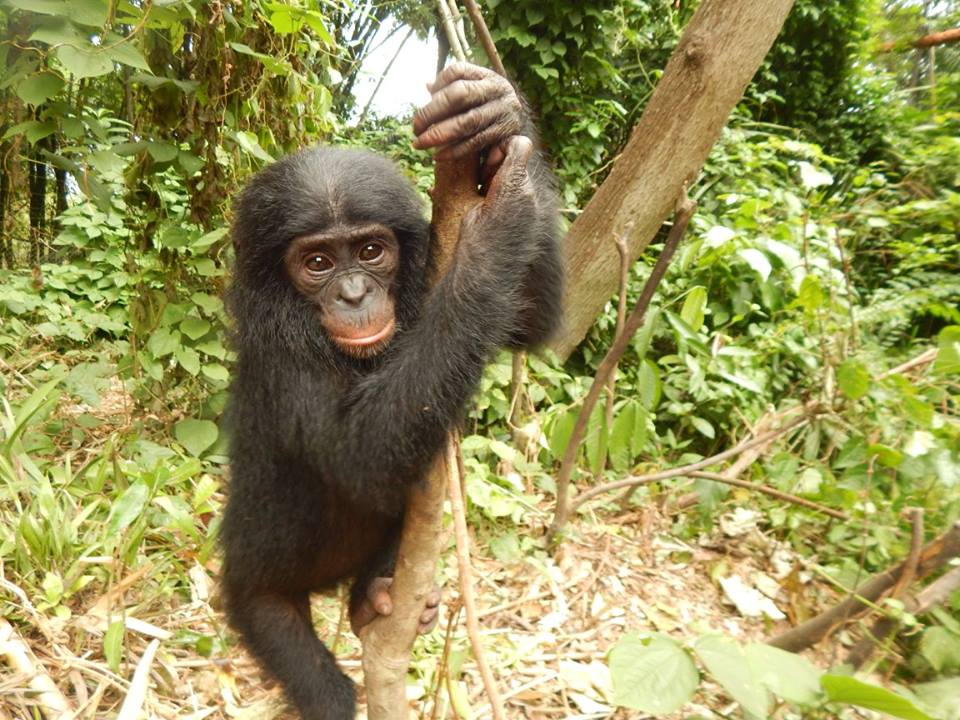
An orphaned bonobo at Lola ya Bonobo
The Centre de Rehabilitation des Primates de Lwiro is a primate sanctuary created in 2002, during the final years of Africa’s World War when poaching was skyrocketing. CRPL gives a second chance to chimpanzees, 11 species of monkeys, parrots, turtles, hyrax and porcupine. All are victims of poaching and the pet trade. With an impressive education program, they reach over 3,000 people per year and are developing a reintroduction program in order return animals to the wild.
In many African countries, it is considered taboo to eat great apes, so traps set are actually directed towards smaller species. While traps such as these (e.g. snare traps) still pose a great threat to apes as well, DRC is unique in that local beliefs and witchcraft believe consuming certain parts of great apes are medicinally beneficial and so they are directly hunted. Add to this the ever growing demand for baby apes and the future appears uncertain. Incredibly, three PASA sanctuaries are defying the odds by not only rescuing orphaned apes, but also educating the public and working with local law enforcement to protect the beauty and diversity found in this incredible place. Now more than ever, they need our support. Please consider donating to these heroes for wildlife.
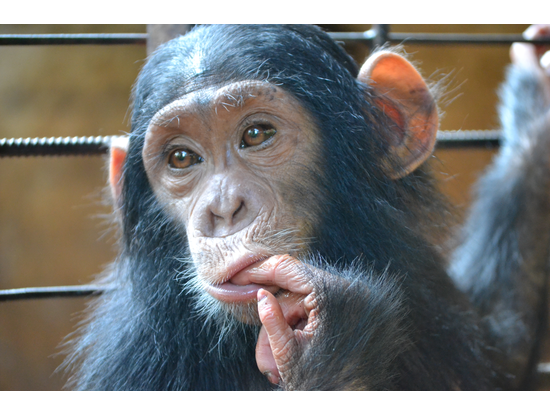
A young chimpanzee who was rescued by Lwiro
Next Posts
Rewilding Bonobos: 14 Bonobos Return to the Wild
After years of planning and preparation, 14 bonobos are back where they belong in the lush rainforest of equatorial Africa!
Social Media and Wildlife Trafficking
Social media enables a cycle of cruelty and suffering for primates and other wildlife. But you can help protect animals.
Wildlife Policy Overview: What is CITES and how does it help primates?
CITES, an international trade agreement, has a big impact on PASA members’ work. Here’s how it shapes wildlife policy and sanctuary practice.
Wildlife Crime Won’t Stop Him
Héritier Mpo helps PASA members in DRC rescue apes and monkeys. After wildlife criminals torched his offices he must rebuild.
Trophy Hunting Poses Threat to African Primates
PASA member sanctuaries rescue and care for both monkeys and apes. Although all primates have similarities, monkeys and apes differ in their appearance, geography, and intelligence.
Monkeys vs Apes: How are they different?
PASA member sanctuaries rescue and care for both monkeys and apes. Although all primates have similarities, monkeys and apes differ in their appearance, geography, and intelligence.
Four Chimps Find Sanctuary
Through the global pandemic, and even a coup attempt, PASA and our partners did not give up on these chimpanzees – read the amazing story!
Primate Species Spotlight: The Spot-Nosed Guenon
Get to you know Africa’s remarkable monkeys. Today we feature the spot-nosed guenon, a species found throughout Africa.
A Coalition to Disrupt the Illegal Wildlife Trade
The climate crisis is devastating African primates. Our new report investigates – and shows how sanctuaries are fighting back.
Sanctuaries in Africa Face Water Shortages
Sanctuaries and their communities are facing increased water shortages in Africa. That’s why PASA is working to find water access solutions.

